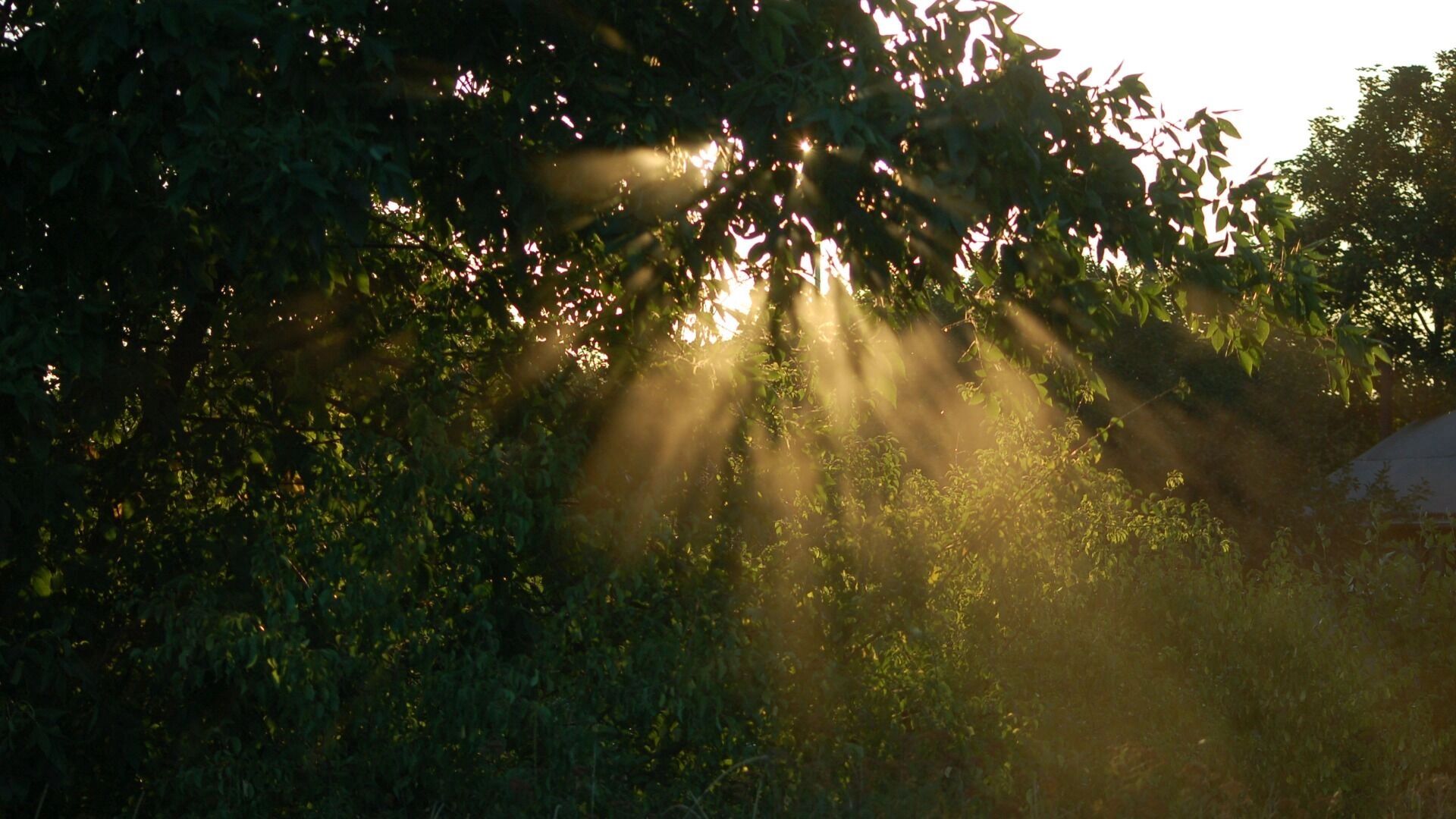New exits have opened on the M-12 highway in Tatarstan, Russians are now prohibited from publishing rental ads with discriminatory wording, and drivers have started learning new traffic rules. Here is what happened on Sunday, August 31, and what the coming day brings.
«Added Some Brightness»: In Kazan, a Courier Got Carried Away with Street Art
In Kazan, a courier for «Samokat» used a spray can to mark the walls of building No. 17k1 on Marshrutnaya Street. Surveillance cameras captured the moment when a man in a pink jacket with a delivery box on his back took paint out of his pocket and left his mark on the walls near the entrance. The footage was then shown to residents who wanted to find out who was vandalizing their courtyard.
The residents were very displeased. They are sure this is not the courier’s first artwork. This is quite possible. Judging by the video, the delivery person drew the numbers «4» and «5», possibly to better navigate the building entrances. This means that somewhere there are also «2» and «1».
According to the building’s residents, after they complained, the man came to fix the situation, but his urge for art was stronger. Instead of washing the wall with solvent, he highlighted the mark with yellow paint.
«He smeared even more paint, ‘added some brightness'», the residents said indignantly.
InKazan sent a request to «Samokat» asking if the company was aware of its employee’s hobbies. They responded that they had processed the complaint from the residents of the building marked by the courier and promised not to leave the situation unattended. However, they did not say what would happen to the courier. His fate will be decided in the dark store.
Russia Bans Rental Ads with Restrictions Based on Nationality
In Moscow, the Savyolovsky Court issued a ruling prohibiting the inclusion of restrictions based on nationality or religion in rental advertisements. The ruling was prompted by phrases such as «For Muslims Only», «Roma, do not call!», or «For Slavs». The prosecutor’s office, which initiated the lawsuit, considered such notes to be illegal. The publication of such ads in Russia is now prohibited.
However, experts doubt that the ban will eradicate the problem: landlords may simply stop writing about their preferences openly but continue to refuse tenants during communication. The vice-president of the Russian Guild of Realtors previously stated that the main concern for landlords is not nationality but the reliability of tenants. Owners often set «filters»: they ask about income, registration, and the purpose of the move.
The ban is not limited to rentals. Since the beginning of 2025, Moscow courts have reviewed cases against employers posting job vacancies with requirements such as «Slavic appearance». Ads seeking construction workers, nannies, actors, and even cooks were affected. Judges deemed such conditions illegal, citing the Constitution and the Labor Code. Individuals now face fines of up to 3,000 rubles for discriminatory ads, while companies can be fined up to 100,000 rubles.
Also, starting tomorrow, September 1, new traffic rules come into effect. Changes include updates to traffic regulations, the process of medical examination, and fines.
New Exits on the M-12 «Vostok» Highway
Five new exits have opened on the high-speed M-12 «Vostok» highway in Tatarstan. Two of them are located at the 780th kilometer near the village named after Vakhitov, two are at the 804th kilometer at the interchange with the 16K-1063 Stolbishche – Atabaevo road, and one is at the 822nd kilometer.
The highway was opened in 2023. Its length is 811 km, and the total construction cost was 901.5 billion rubles. 602.6 billion came from the federal budget, 150 billion from the National Welfare Fund (NWF), and another 148.9 billion from a bond loan.
It was also previously reported that on City Day in Kazan, the second stage of the boulevard on Serova Street




